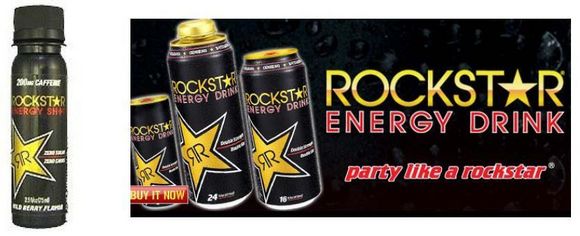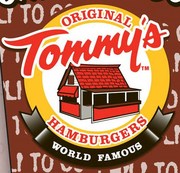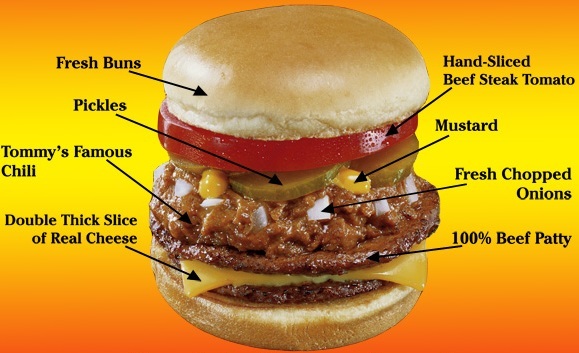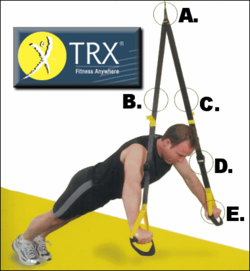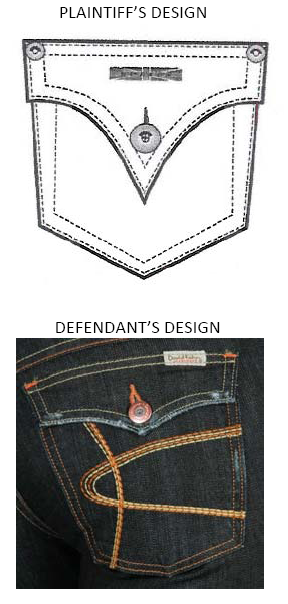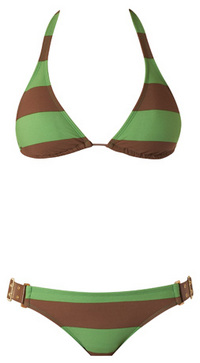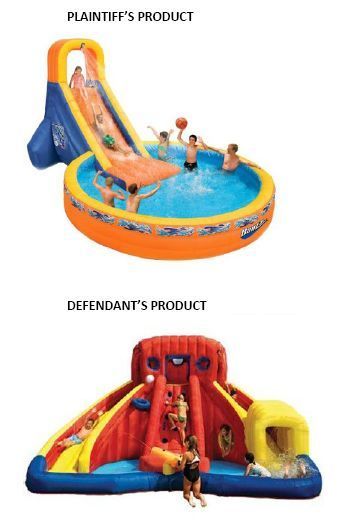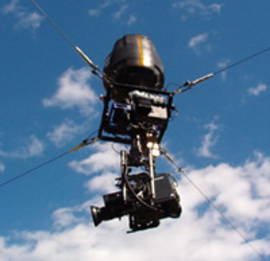Los Angeles, CA – EABO, Inc. sued Huntington Beach, CA based Mimic Skateboards, Inc. for copyright infringement, trademark infringement, trademark dilution, trade dress infringement and unfair competition. Plaintiff manufactures various sized disc shaped wooden boards that rest upon a cylinder shaped roller, which were originally designed by surfers for training purposes. The IndoBoard has now evolved into its own sport where individuals stand on the board and rock it back and forth to balance on the roller and perform various tricks. If a picture is worth 1,000 words, then moving pictures are priceless:
https://www.youtube.com/watch?v=DIhYjiytQPk
Plaintiff is the exclusive licensee of a registered Indo Board design trademark and the common law rights to the word mark. Plaintiff is also the copyright owner in an instructional DVD created in 2004. The complaint alleges that beginning in 2001, Plaintiff entered into a manufacturing agreement with Mimic to manufacture its boards, which relationship terminated in 2008 when Mimic informed Plaintiff that it was going to only manufacture skateboards.
 Los Angeles Intellectual Property Trademark Attorney Blog
Los Angeles Intellectual Property Trademark Attorney Blog


